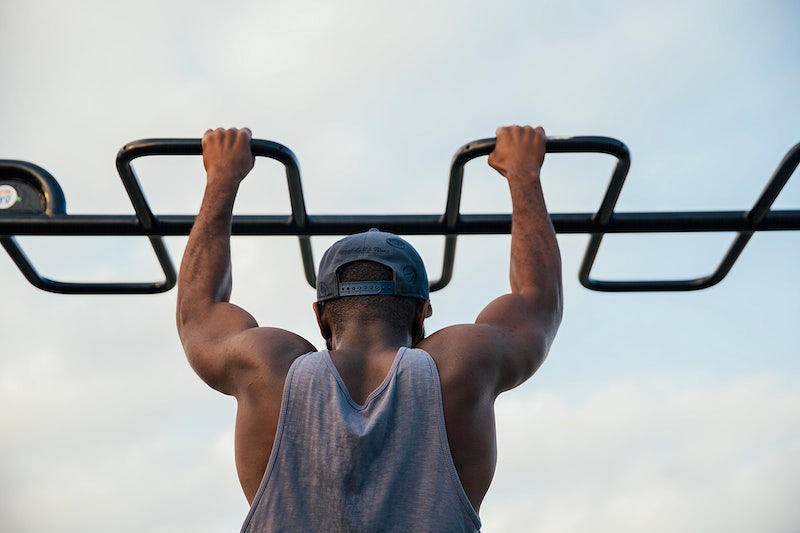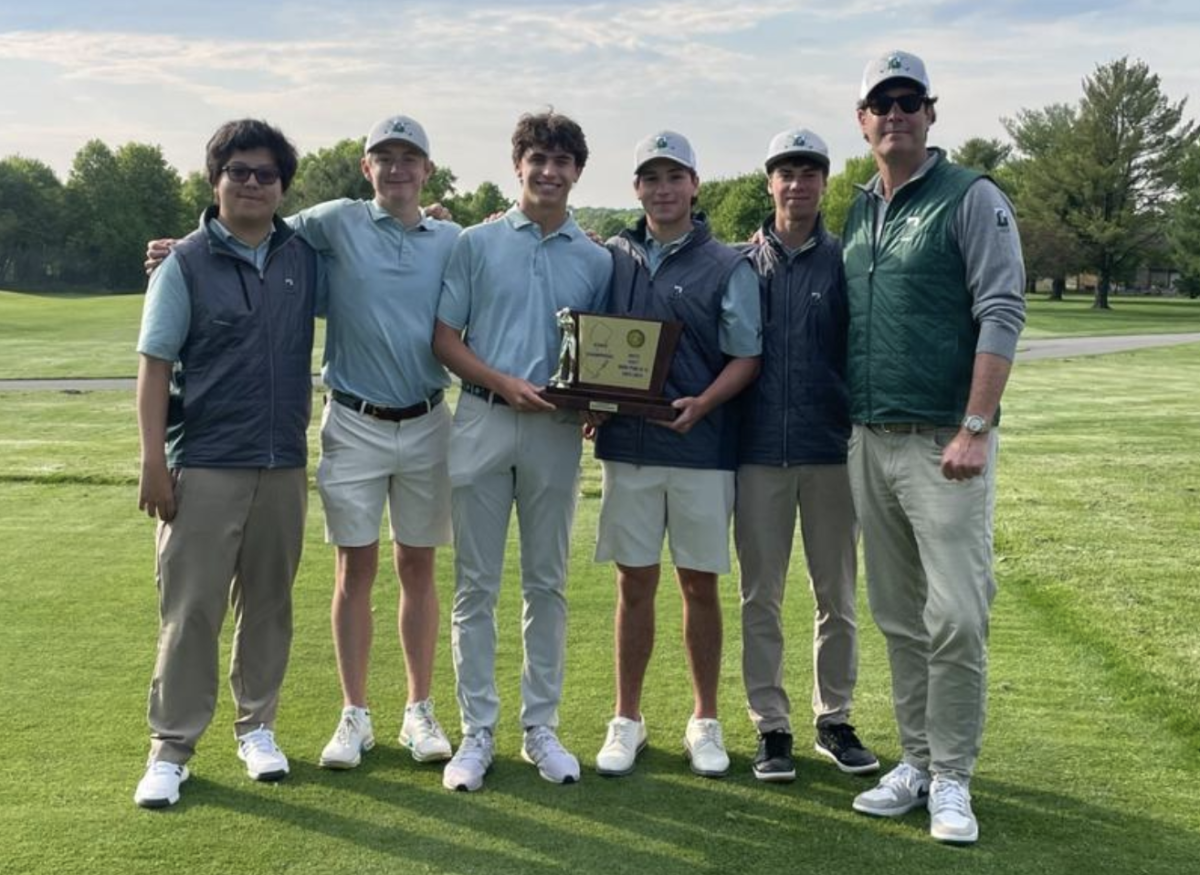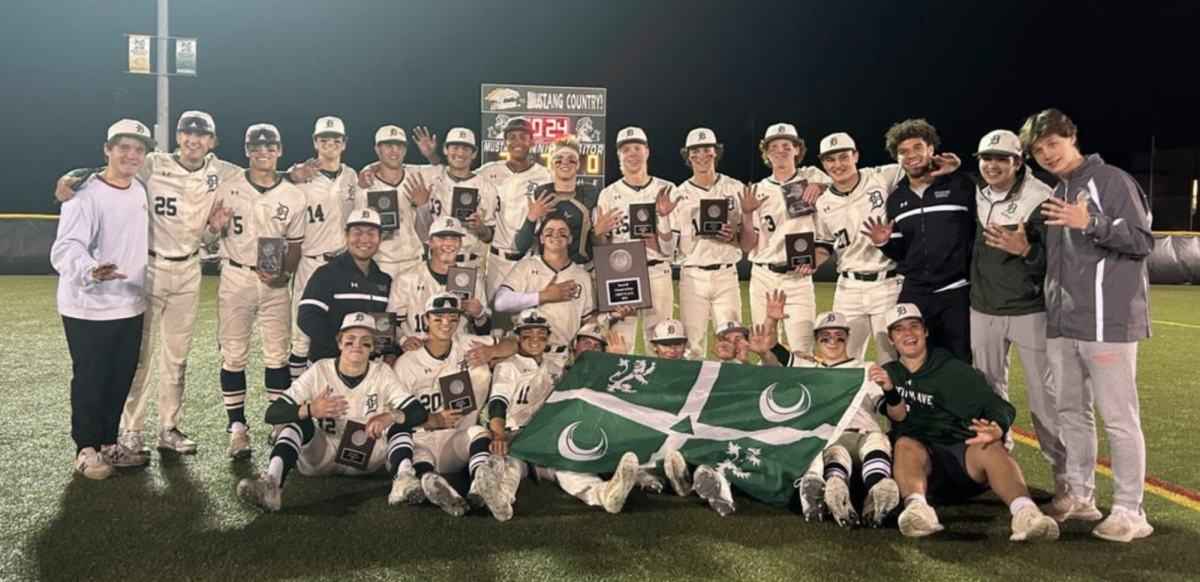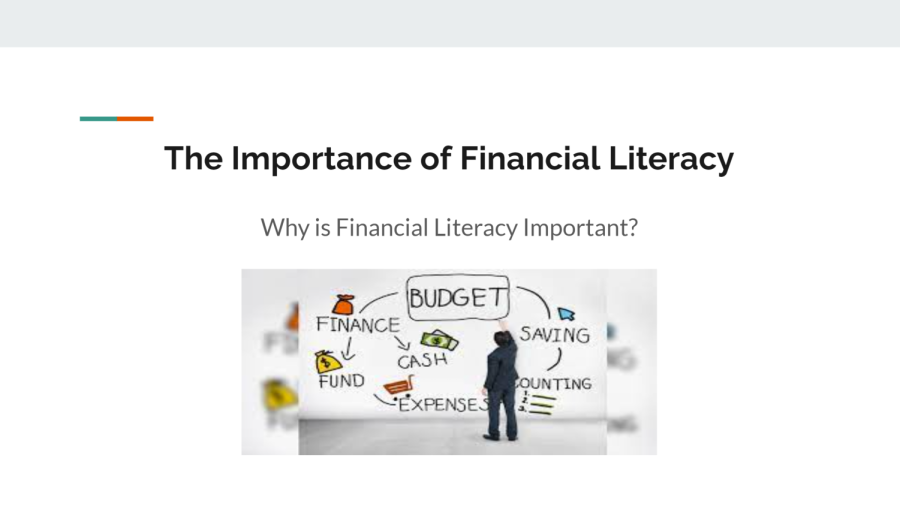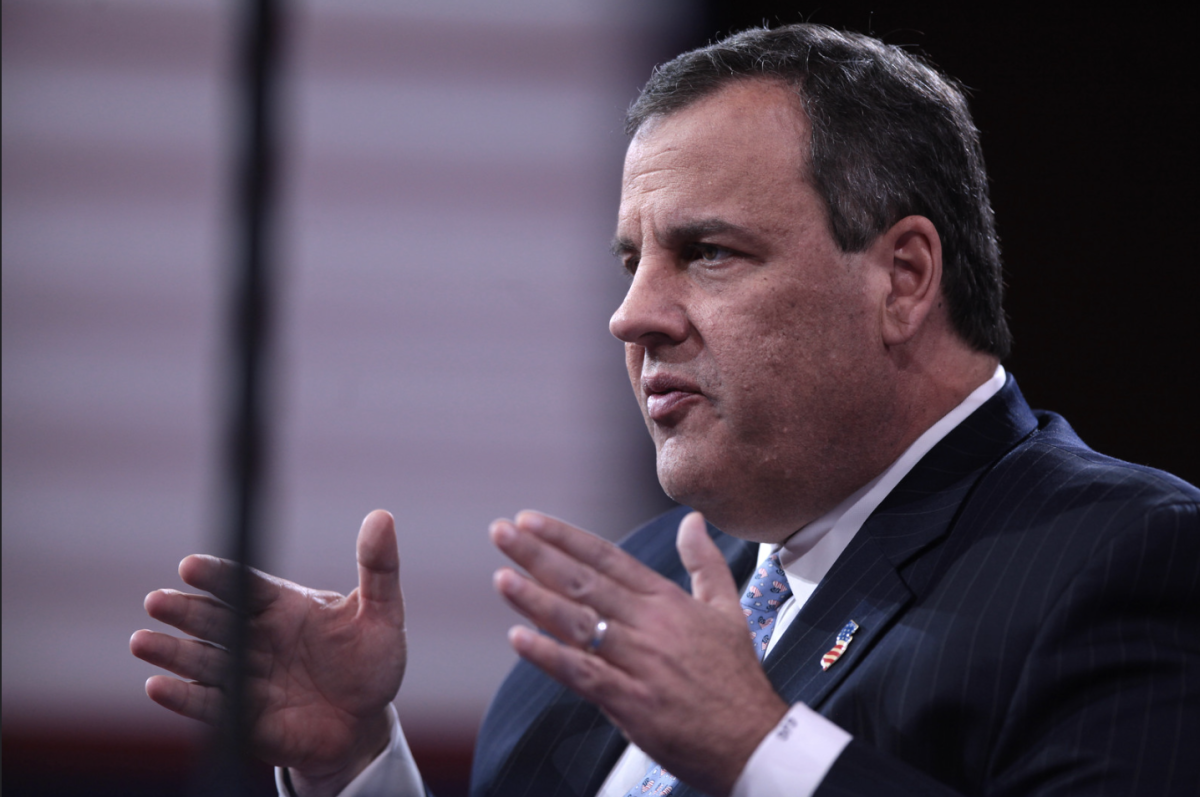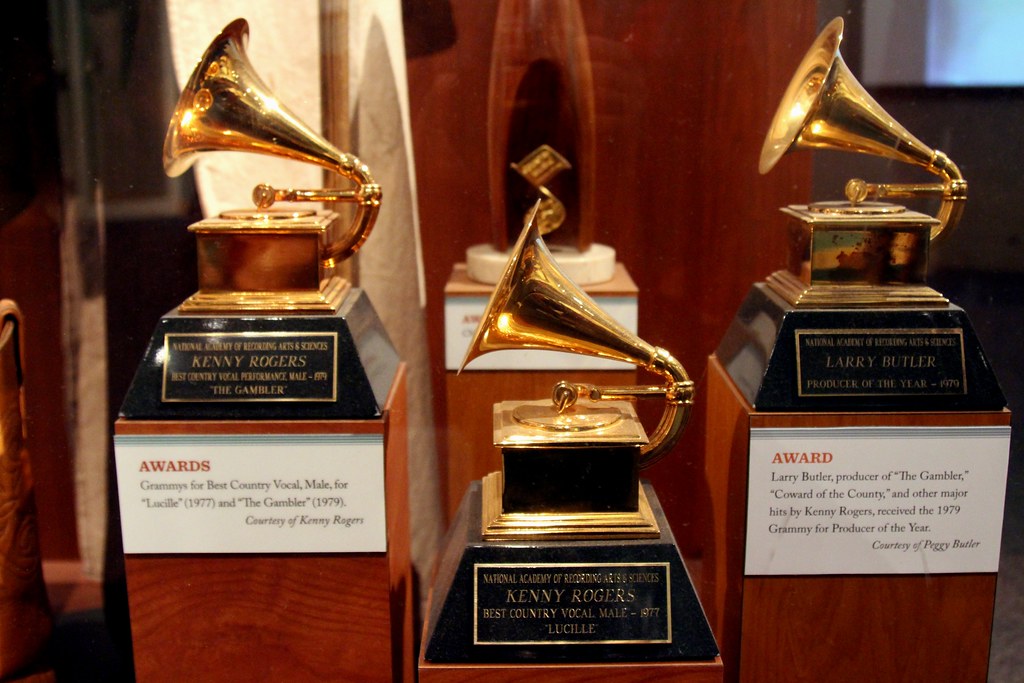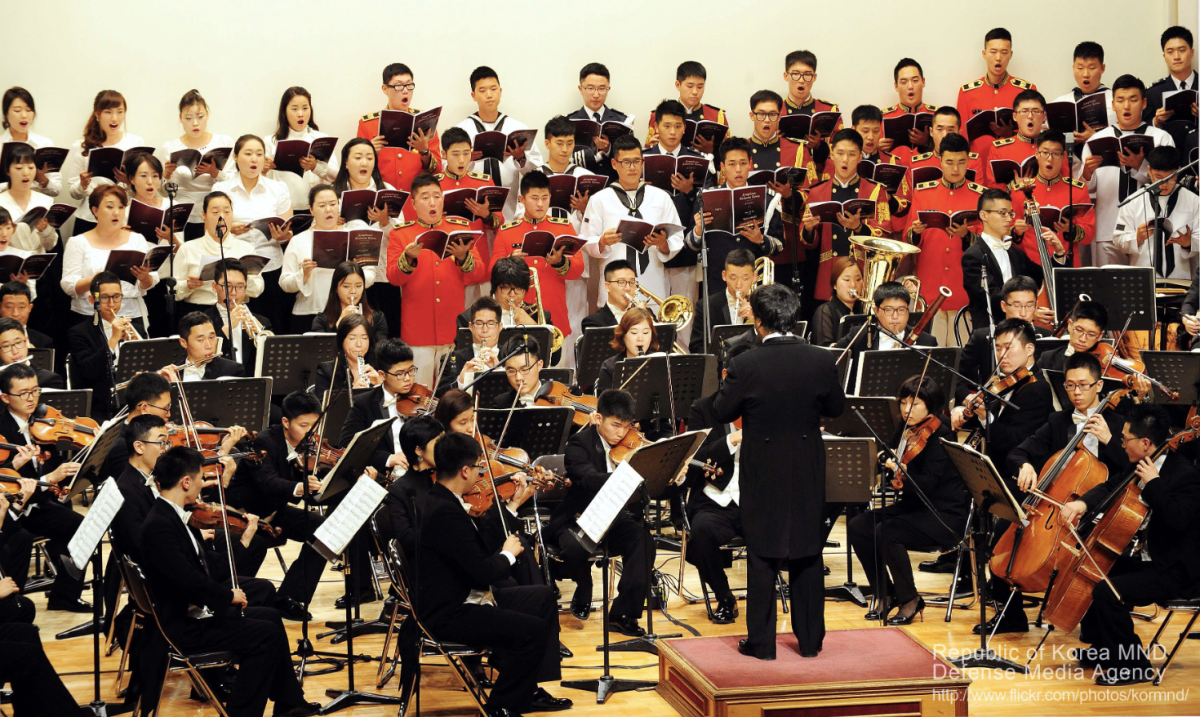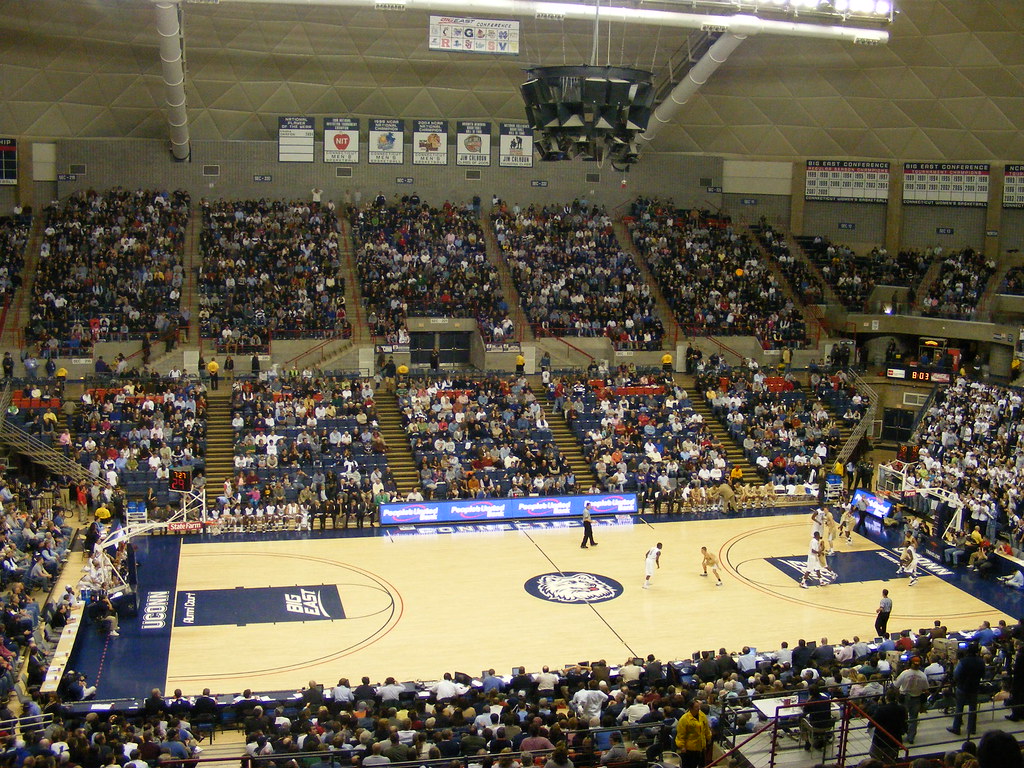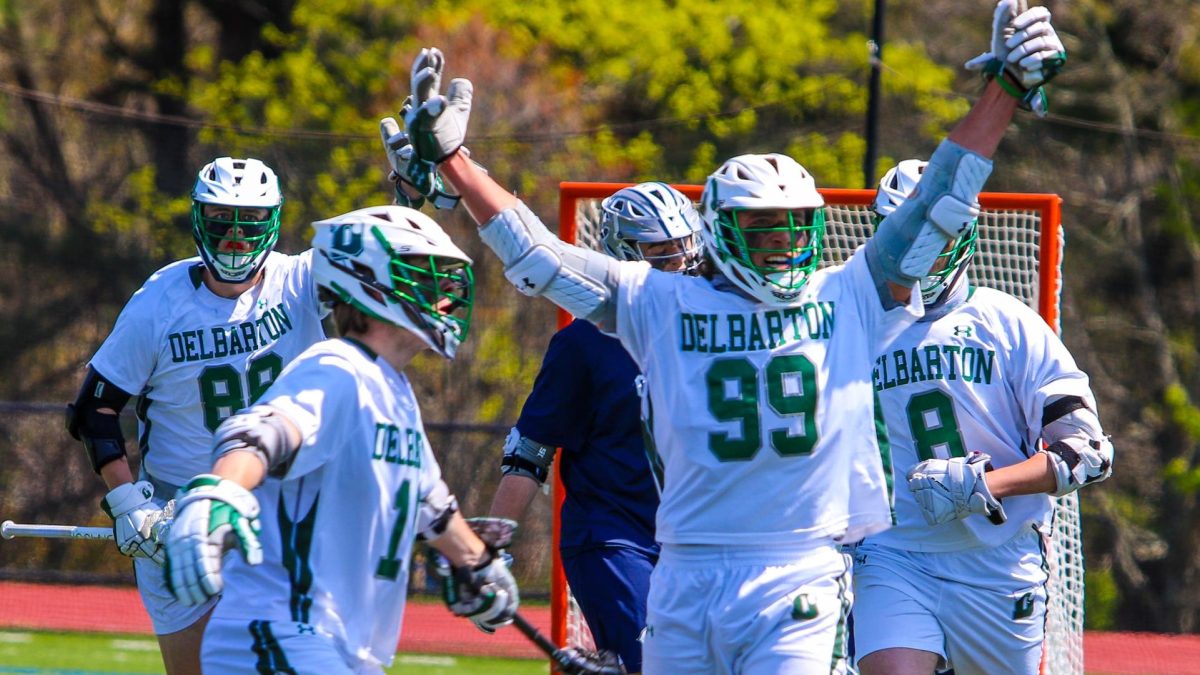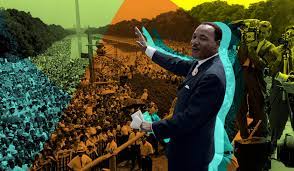In sports terminology, NIL means “name, image, and likeness”. It is a way colleges can compensate their student-athletes and show interest in their new recruits. In addition, NIL money can provide athletes with the funds to pay for college when they would not have been able to do so otherwise. Despite the many positive aspects of NIL money, potential NIL deals may complicate the recruiting process for athletes and their recruiters at the college and professional levels.
The first difficulty component that NIL deals bring is the need for more emphasis on education at top Division I colleges. For example, suppose Brown, an Ivy League school, recruits an athlete for football and is willing to support them with NIL money. In that case, the athlete may be extremely grateful and feel important. That is, until Ole Miss, a lesser academic school, but a football powerhouse, commits to rewarding the athlete with hundreds of thousands of dollars in NIL funds. Though this may sound like an exaggeration, Ole Miss has awarded one of their incoming players $849,000 and dedicated over $10,000,000 throughout their football roster combined.
Because Ivy League and other high academic schools usually tend to be less competitive athletically, they cannot spend the same on their players, which makes them unable to compete with high profile football dynasties like Alabama, USC, and Oklahoma.
NIL money can also lead to young athletes making daunting college decisions. Even after athletes complete their NIL deals and have graduated high school, they commonly feel like they must perform incredibly to keep their money. “An NCAA study found 30% of surveyed athletes feeling extremely overwhelmed, with nearly 25% feeling mentally exhausted (Lindberg, 2021). A National College Health Assessment reported about 31% of male and 48% of female NCAA student-athletes reported having depression or anxiety symptoms each year the test was issued in 2008 and 2012” (Moreland 2018).
NIL money, at times, can force young high schoolers to commit to a specific college for sports when they may be too young to make such an important decision for themselves. A student-athlete choosing which college they will attend for four years is usually one of the most significant choices in their lives. Making such a commitment can hurt the overall happiness of young players and potentially increases the risk of injuries due to their performance needing to be at such a high level to maintain their scholarship.
Colleges usually grant NIL money to football players committed to football powerhouses since that is the sport with the highest NIL payment levels for their athletes. Unfortunately, NIL money is prevalent in other sports and almost every state of the country.
In the Delbarton community, multiple athletes have accepted NIL money and commit to a college merely because the school is willing to provide compensation in return for that athlete. NIL money can allow student-athletes in rigorous high schools to lower their academic standards purely for financial purposes, which, according to some, is acceptable under certain circumstances but not all. Many athletes who graciously accept compensation cannot pay for college otherwise, so financially, NIL money benefits them.
In other cases, however, a student-athlete is fully capable and financially able to attend and play at a top university but rather play at a less academically challenging school because they are better at the sport and the school is willing to provide more NIL money. In this specific situation, some might argue that an Ivy League education would ultimately provide the student with more opportunities than a few hundred thousand dollars over a lifetime.
While individuals cannot fully evaluate the veracity of this and other claims, prioritizing education over sports is a smart idea, even if the athlete will play for a weaker program. After all, if the athlete has the skills to compete professionally, the level of athletic prowess at their college will not matter.
Overall, NIL money can bless both student-athletes and their families with the opportunity to receive sponsorships and compensation, but it can also complicate the academic journey for young athletes and perhaps even the path of their lives.
